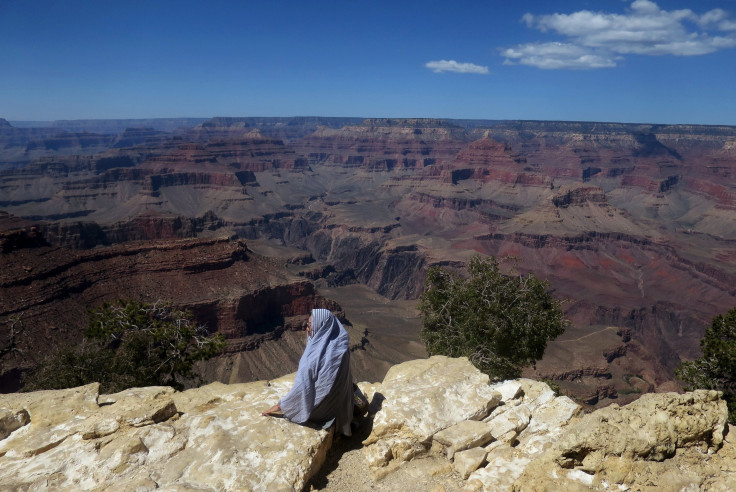Grand Canyon Sexual Harassment Controversy: US Representatives Seek Survey Of National Park Service Abuse

A group of U.S. representatives has asked the National Park Service to survey its employees about their experiences with sexual harassment, after a federal investigation earlier this year found a widespread pattern of abuse at the Grand Canyon, the Associated Press reported.
The report, published in January by the Interior Department, found “evidence of a long-term pattern of sexual harassment and hostile work environment” for at least 19 National Park Service employees while on trips in the park’s river district. The investigators found that male employees preyed on their female colleagues, making inappropriate sexual comments, propositioning them for sex and retaliating if women rejected their advances.
The investigation was initially prompted by a 2014 letter, written by 13 current and former Grand Canyon employees, that included incidents stretching back more than a decade. In that complaint, the women said the National Park Service largely ignored their reports of harassment and that they were subjected to “discrimination, retaliation and a sexually hostile work environment,” the Washington Post reported earlier this year.
Since the complaint, the National Park Service has implemented changes. It now requires employees to undergo a pre-trip briefing before leaving for river trips and has banned alcohol during the voyages. It was also considering further reforms, officials said earlier this year.
The members of Congress calling for the survey wrote to Park Service Director Jon Jarvis last month, saying they wanted to find out if the complaints of harassment extended to employees in other areas. They want employees to be able to answer the survey anonymously, the AP reported.
The Park Service has 22,000 permanent, seasonal and temporary employees, so surveying them all is expected to be a significant undertaking. Agency spokeswoman April Slayton told the AP that officials are still discussing how a survey could be conducted.
© Copyright IBTimes 2024. All rights reserved.












